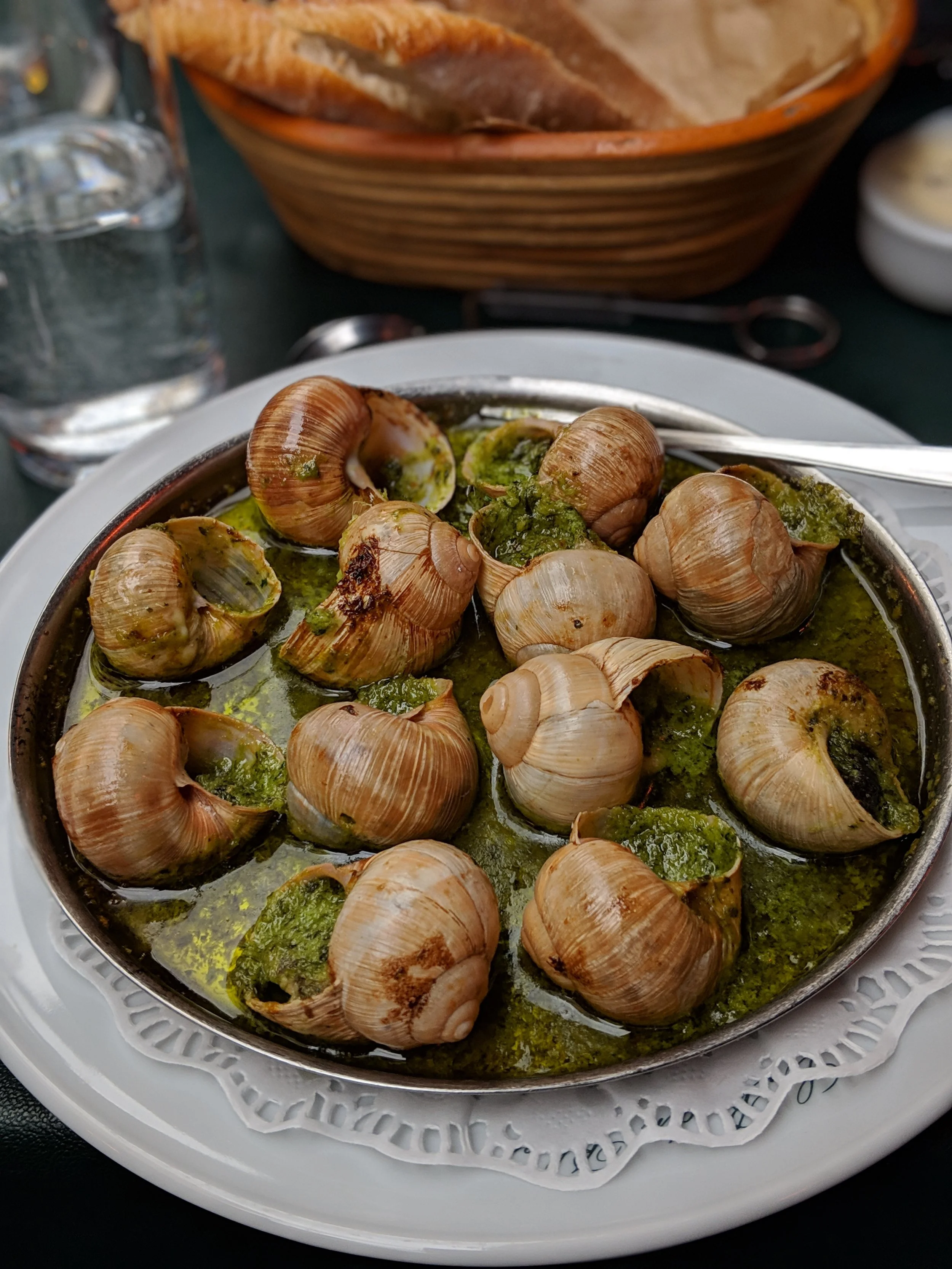
Slugs and Snails
A Brief Overview. Why?
Cause you're probably being a bed rat and rinsed all your other reads
Slugs and snails, belonging to the class Gastropoda, which includes over 60,000 species, are fascinating creatures that play significant roles in their ecosystems.
Despite their slow pace and simple appearance, these molluscs have unique characteristics and behaviours worth exploring.
The Biology of Slugs and Snails
Slugs and snails belong to the phylum Mollusca, making them close relatives of octopuses and clams. The most noticeable difference between them is the snail's spiral shell. This shell is not just a home, but a protective barrier against predators and environmental conditions. Slugs, meanwhile, lack this hard shell, making them more vulnerable but also more flexible in navigating narrow spaces.
Both slugs and snails have a foot-like organ used for movement, secreting mucus that aids in locomotion. This mucus also leaves a trail, signalling other slugs and snails about their presence. Their diet mainly consists of plants, making them important decomposers in the ecosystem. However, this diet also leads to conflicts with humans when they feed on agricultural crops or garden plants.
Reproduction and Lifespan
Reproduction in slugs and snails is an intriguing process. Many species are hermaphrodites, meaning they possess both male and female reproductive organs. Mating can be a reciprocal process where both partners fertilise each other's eggs. The eggs are laid in moist soil, from which tiny replicas of the adults emerge.
The lifespan of slugs and snails varies greatly by species. While some may live only a year, others, particularly snails with protective shells, can live several years under optimal conditions.
Ecological Impact and Human Interaction
Slugs and snails are essential players in the ecosystem. As decomposers, they contribute to nutrient cycling by breaking down decomposing matter. This process enriches the soil, aiding plant growth.
However, their role as decomposers and plant eaters can bring them into conflict with humans. In agriculture and horticulture, slugs and snails are often considered pests due to their appetite for leaves, stems, and fruits. Various control measures, from natural predators like birds and beetles to chemical molluscicides, are employed to manage their populations in gardens and farms.
Fascinating Facts
Sensory Abilities: Slugs and snails have an impressive sense of smell, which they use to find food. Their eyes, located on the tips of tentacles, provide basic light and motion detection.
Hibernation: Some snail species can hibernate during extremely cold or dry periods, sealing themselves in their shells with a layer of mucus.
Rare Species: Certain snail species are considered rare and are protected by conservation laws due to their limited habitats and populations.
Regarding the culinary aspect and their introduction to Britain, snails have been part of traditional cuisines across Europe, particularly in France, where they are famously known as escargot. The Romans, known for their expansive culinary tastes and practices, first introduced edible snails to Britain. The primary reasons for importing snails were:
Culinary Diversity: The Romans brought their eating habits with them, including the consumption of snails, as they colonised different parts of Europe. Snails were considered a delicacy and were often served as a gourmet food in Roman Britain.
Ease of Farming: Snails were relatively easy to farm and provided a reliable protein source during times when other meats might have been scarce.
Cultural Influence: The introduction of snails into British cuisine can also be seen as part of a broader cultural influence exerted by the Romans, who introduced many elements of their lifestyle and cuisine to the regions they conquered.
In Summary
Slugs and snails, often overlooked or seen as garden nuisances, are complex creatures with unique biological and ecological characteristics. Understanding their roles and behaviours can lead to a greater appreciation of these small but significant inhabitants of our world. Their presence in our gardens and fields is a reminder of the diverse and intricate web of life in which we all play a part.
Also, snails cooked in garlic and butter are amazing. Now you can impress your boo with your amazing snail and slug knowledge, so it’s probably time to drag yourself out of bed aint it.
You Have These in Your Garden
No lying. They are delicious. We had them in Reims France.
ADVERT
Need to Protect Your Business, Brand and Intellectual Property?
Whether you're an artist, band, creative, or business, your name is your brand—and it deserves protection.
Welcome to Trademarks for You®
As specialists in trademark and intellectual property, we've earned a 100% EXCELLENT rating on Trustpilot and Google by helping clients like you secure their creative identity.
Join the hundreds who’ve successfully registered their trademarks with us. Keep your work safe and uniquely yours.

